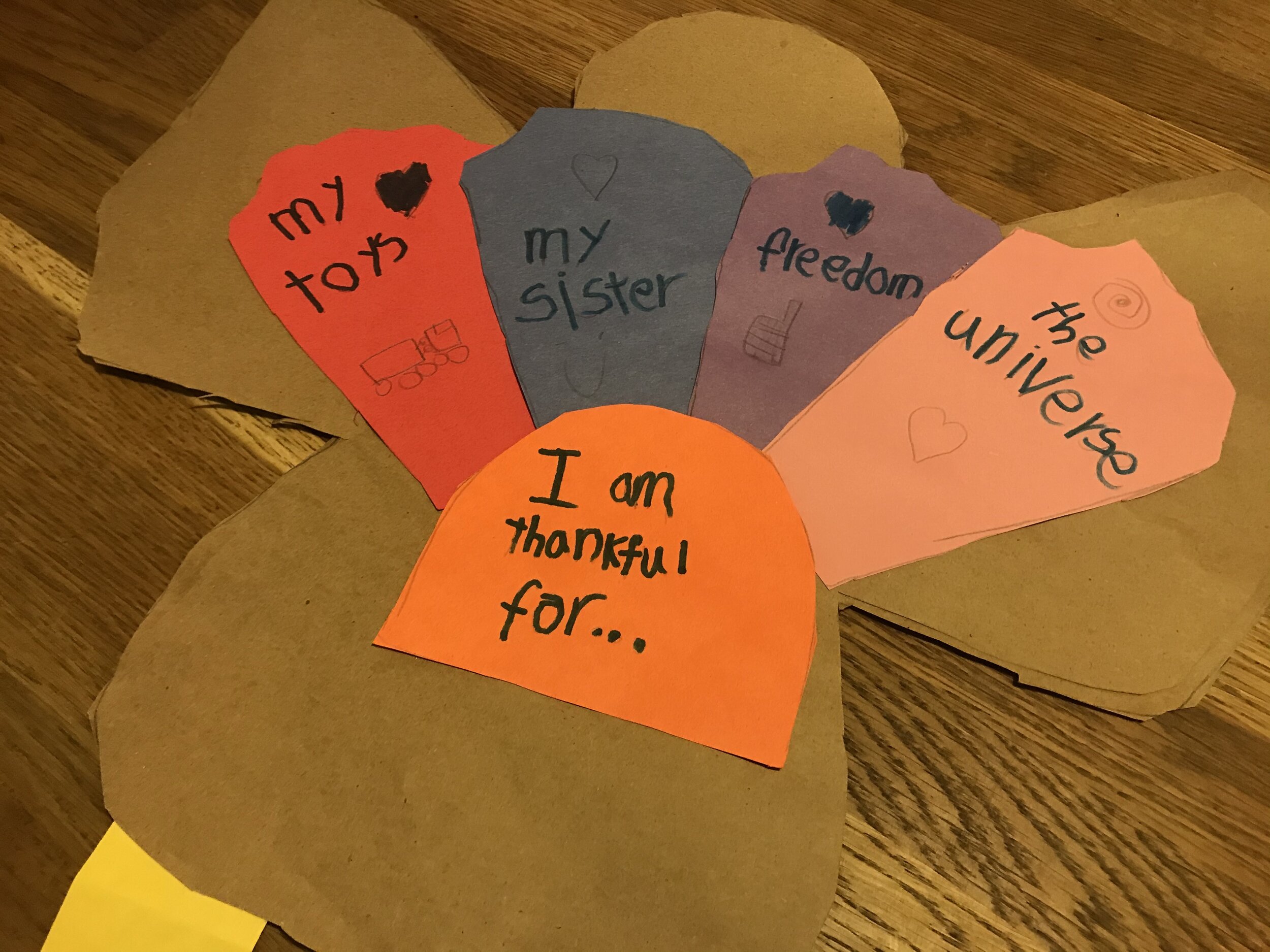Like father, like son
/Charlie surprised us yesterday by swallowing a marble.
While I was in the shower and Elysha was on her laptop, ordering furniture, Charlie screamed, ran past Elysha, and then quickly confessed to having swallowed a marble.
This was unfortunately not surprising. We have been scolding him for years for putting things in his mouth that aren’t food and warning him that someday, he’s going to end up in the hospital.
Turns out not every “I told you so” is as satisfying as most.
Thankfully, the marble didn’t block his airway, but still concerned, Elysha called 911, then she came upstairs to tell me the news.
Actually, she sent Clara upstairs to tell me, but all that she said was, “Mommy needs you to come downstairs.”
“Tell her I’m in the shower,” I said, so Clara left, failing to provide any further information.
When Elysha arrived upstairs,, she said, “Honey, it’s okay. He’s fine. But Charlie swallowed a marble, and the ambulance is on its way.”
Oddly enough, this is the second time in my life that I have been in the shower upon receiving news that an ambulance was on route for one of my children. The first time it happened, it was a phone call from a police officer, telling me Clara, Elysha, and three-week old Charlie were on route to the hospital after Claras experienced an emergency reaction.
I threw on my clothes, and by the time I arrived downstairs, the EMT’s and police were already in the house, asking Charlie a lot of questions.
Later on, Charlie would complain that “All they did was ask me questions. It was so boring.”
I sat down across the table from Charlie and told him between questions that I loved him.
Elysha turned to the EMT’s and said, “My husband has PTSD. Medical emergencies trigger him.”
I heard her say these words, but it was like I was listening through a thick pane of glass. I thought, “Did she just tell them that I have PTSD?” I wasn’t sure. I felt cloudy and panicked. Kind of disconnected from my body. Then I thought, “Oh my God. She’s right. I’m actually falling apart right now.”
Elysha has a habit of telling me things about myself that I didn’t know. I can recall at least half a dozen times in my life when she has told me something deeply personal, incredibly insightful, and profoundly important about myself that I did not know. Moments when I think, “My God, she right.”
This was one of those moments.
Ultimately it was decided that an ambulance ride wasn’t required, but an x-ray was recommended, so we sent Clara off to the neighbors and headed over to the 24 hour walk-in clinic, where we waited for almost two hours before being seen.
In that time, Elysha and I finished ordering the furniture, and I bought hot dogs at Shake Shack, so it wasn’t all bad. Charlie was eventually scanned and the marble was found in his stomach, right where it should be.
Happily, the doctor said the marble will pass. In the past, parents were asked to examine their child’s poop to confirm that the object has left the body, but the doctor explained that this was no longer necessary. “Studies show that parents miss the object about 80% of the time anyway. If it becomes stuck, he will feel some pain and we will just re-scan.”
The doctor said it should pass within a week, then Charlie piped in. “Actually, about three days.” The doctor smiled and said, “You’re right. Where did you learn that?”
“Book,” Charlie said.
He wants to be a doctor.
Later on, I told my friend about the incident. His response: “Why did he put a marble in his mouth?”
I explained that he has daughters, so he wouldn’t understand. Little boys (and even the occasional fifth grade boys) put everything in their mouths. It’s like a third hand.
I know this on a personal level. When I was a child, I swallowed a penny. It’s a story I have told at The Moth, Speak Up, and many other places.
I’ve also told my children the story. Charlie knows the story well. Now he has his own version of the story.
Apples and trees, I guess.























